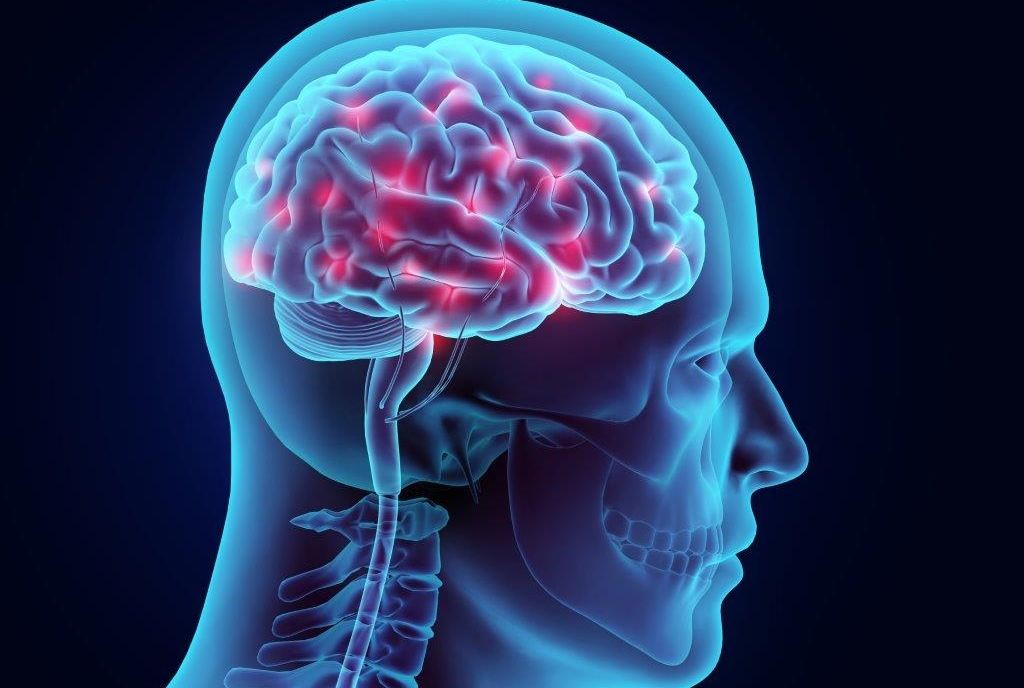People who have experienced a cerebral hemorrhage or brain bleed have a two-fold increase in the risk of having an ischemic stroke (caused by an artery blockage) or heart attack, compared with members of the general population, according to new research from investigators at Weill Cornell Medicine and NewYork-Presbyterian.
The researchers said the findings, published May 3 in JAMA Neurology, have broad implications for the monitoring and treatment of patients who have experienced cerebral hemorrhage and brain bleeds.
“These findings are contrary to the conventional wisdom, because somebody who has had a brain bleed is believed to be at higher risk for subsequent brain bleeds, but not necessarily clotting events,” said lead author Dr. Santosh Murthy, an assistant professor of neurology at Weill Cornell Medicine and the medical director of the Neurological Intensive Care Unit at NewYork-Presbyterian/Weill Cornell Medical Center. “These findings suggest that we need to change the way we follow these patients and perhaps screen them more aggressively for problems that are related to clotting disorders.”
The biggest risk factors for cerebral hemorrhage and brain bleeds are poorly controlled high blood pressure and diabetes. In elderly populations, the amyloid proteins that have been linked to Alzheimer’s disease may increase the risk of brain bleed as well. Ischemic strokes and heart attacks, on the other hand, are largely caused by blockages in blood vessels that prevent the blood supply from getting where it needs to go. However, the two types of events also share some risk factors.
The new study compiled data from four earlier population-based studies conducted over the past several decades that looked at the risk of cardiovascular disease over a long span of time. In total, the analysis included data on more than 55,000 patients who were treated in community settings in different parts of the United States. Although this analysis was retrospective, it was valuable because of the large volume of data on patients from a range of backgrounds.
“We can speculate that one of the main reasons that patients with a history of brain bleeds are more likely to have these clotting events is their shared risk factors, including high blood pressure, high cholesterol and diabetes,” said Dr. Murthy, who is also an assistant professor of neuroscience in the Feil Family Brain and Mind Research Institute and specializes in studying cerebral hemorrhage. “But it’s also possible that there could also be inflammatory and clotting mechanisms that could be activated by brain bleeds.” Additionally, patients who experience brain bleeds may be told to stop taking blood-thinning medications, which normally help prevent clotting events, he added.
The investigators said the main takeaway message from the findings is that patients who have experienced brain bleeds need to be evaluated more thoroughly for their risk of clotting events like ischemic strokes and heart attacks. They added that future research should focus on testing prevention therapies like low-dose aspirin, and that randomized, controlled trials could help to look at these interventions. Additional research into the mechanisms that lead to increased risk is also important.
“This study has important implications for people who have had this kind of brain bleed and for the doctors who treat them,” said senior author Dr. Hooman Kamel, vice chair for research, chief of the Division of Neurocritical Care and an associate professor of neurology in the Department of Neurology and Director of the Clinical and Translational Neuroscience Unit in the Feil Family Brain and Mind Research Institute at Weill Cornell Medicine, and a neurologist at NewYork-Presbyterian/Weill Cornell Medical Center. He has served on an advisory board for Roivant Sciences related to Factor XI inhibition.
“Unfortunately, treating patients who have had a cerebral hemorrhage is not as simple as just stopping their blood thinners. The situation is very complicated, and there needs to be a discussion of all of the patient’s risks and a more balanced approach,” said Dr. Kamel.

